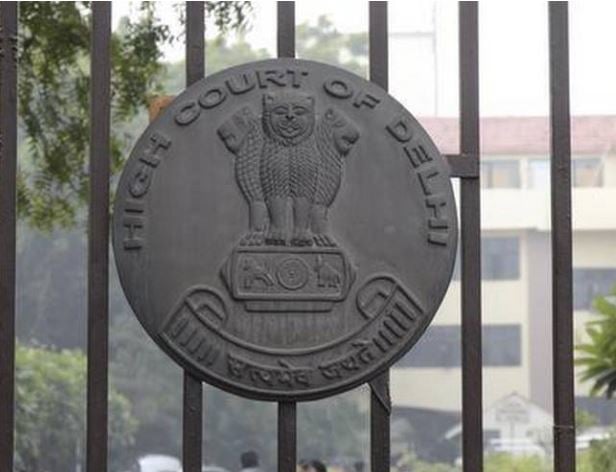Charges were framed against the former AAP Councillor Tahir Hussain and 10 other men by the Delhi High court in the murder case of Intelligence Bureau staffer Ankit Sharma, who was killed during the 2020 Northeast Delhi riots.
The charges were framed by Additional Sessions Judge Pulastya Pramachala against Hussain and others under sections 147, 148, 153A, 302, 365, 120B, 149, 188 and 153A of Indian Penal Code, 1860.
Others who have been charged are Haseen, Nazim, Kasim, Sameer Khan, Anas, Firoz, Javed, Gulfam, Shoaib Alam and Muntajim.
Tahir Hussain has also been charged under sections 505, 109 and 114 of IPC.
An accused Muntajim has not been charged under sections 153A and 149 of IPC, however he has been charged separately under section 174A of the penal code. Other accused persons Salman and Nazim have been also charged under section 25 of the Arms Act.
At Dayalpur police station an FIR was registered on the basis of the complaint made by deceased’s father.
The father of the deceased had lodged a missing report when his son went during the riots. The body of Ankit was later recovered from a drain. He was declared as brought dead by GTB hospital.
The court while considering the application observed that the presence of all the accused persons in the mob was well reflected. It added that the mob continuously indulged into firing of gunshots, pelting of stones and petrol bombs towards Hindus and their houses.
The Court said that these acts of the mob make it clear that their objective was to harm Hindus in their body and property to maximum possible extent.
The court also said that all the accused persons targeted Hindus and their acts were prejudicial to the harmony between communities of Muslims and Hindus.
It is also shows that the mob consciously wanted to even kill Hindus. It cannot be said that being member of this mob, accused persons were oblivious of such objective of this mob. Apparently, this was an unlawful assembly, acting in pursuance of aforesaid object.
The judge added that petrol bombs were arranged by accumulating the required materials in Tahir Hussain’s house, bottles of Mountain Dew were being filled with petrol and were being taken inside his house in his presence.
The role of Tahir was supervising and motivating this mob. All these things were done to target Hindus. Every member of the mob assembled there participated in achieving the objective of targeting Hindus.
Such conducts of the members of this mob, show that they were acting out of meeting of their mind and with a clear-cut objective in mind, to kill and harm Hindus.
Hussain in his defence said that it was an ongoing riot and conspiracy, so he can only be said to have joined the conspiracy but cannot not be a conspirator for killing of Ankit Sharma.
The court said asked what would have been the liability of this bigger mob, had Ankit been fired upon and killed, with a firearm by one person from this mob? The obvious answer would be that if this firing would have been done in pursuance to common object of the mob, then every member of the mob would have been liable for consequence of such firing by virtue of S. 149 IPC.
The court also observed that it was not necessary for all members of the mob to play some overt act in killing of Ankit Sharma and that as per evidence, the mob was acting in “well prepared manner” to attack Hindus and their properties, signifying existence of prior meeting of their mind.
The Court said that Tahir Hussain also played role of instigator to kill Hindus and exhorting this mob as to not to spare Hindus. He instigated the mob, when Ankit came forward towards this mob.
The conspiracy need not be specifically to kill Ankit. When the accused persons were acting in pursuance to conspiracy and common object to kill Hindus, it covered killing of Ankit as well for the reasons that Ankit was killed because he was Hindu,” the court said.


